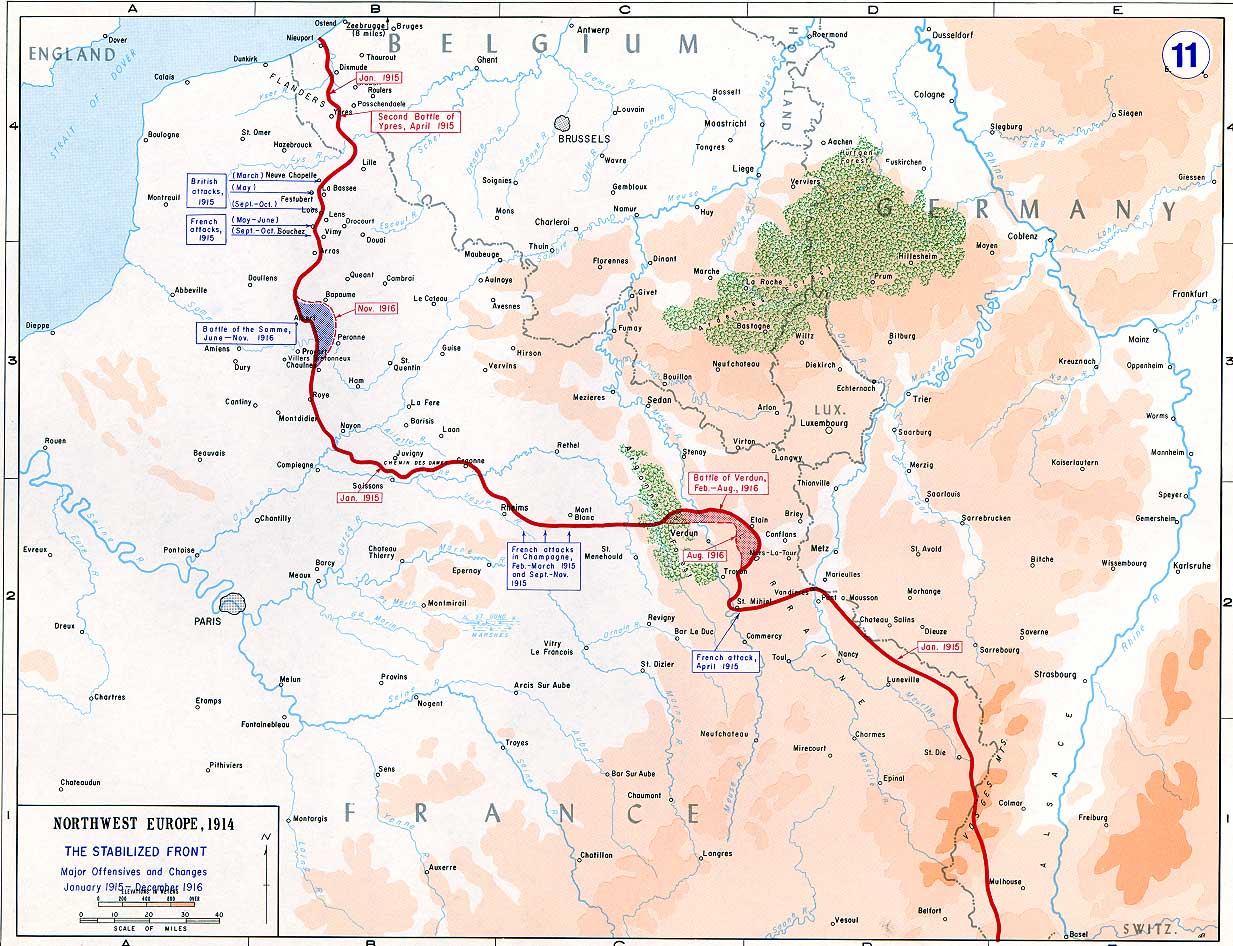

Namibia, once German South West Africa, was not divided but placed under the control of the League of Nations, the forerunner to the United Nations. To view this video please enable JavaScript, and consider upgrading to a web browser that supports HTML5 video Read more: Cameroon's English speakers living rough to avoid bullets, machetes

The country's English-speaking minority, which felt abandoned by the central government, is still fighting for its own homeland today. After the end of colonial rule in 1960, the divided country was reunified, but by no means peacefully. In Cameroon, the former colony was divided between Britain and France, with the French getting more than four-fifths of the land. Germany's defeat meant the loss of its colonies, with German East Africa, German Cameroon, Togo and German South West Africa all taken over by the victors. WWI would ultimately redraw Africa's borders. The economy ultimately collapsed and around 1 million people died in East Africa as a result. That meant labor shortages in the fields, which led to widespread starvation. Germany also exploited Africa, forcing thousands of Africans into military service in Tanzania - the former German East Africa. Africans served as scouts, porters and cooks. A Senegalese infantry helped France seize the German colony of Togo, and the British also fought alongside African troops against the Germans until 1918. The original monument to the "Black Army," set up in Reims in the 1920s, was removed by the Nazis during World War II and never resurfaced.ĭuring the war, African troops were also deployed in Africa itself. You could almost say they died for nothing, at least not for their countries," she said. It's true that France colonized them, but it wasn't their choice. "People from Senegal, Ivory Coast and Mali died for France. Read more: Witness to history: A POW in FranceĬlemence Kouame, an African student at the ceremony, told DW that "it hurts" to think about Africa's involvement in the war.

Keita's great-grandfather reportedly died in 1916 at the Battle of Verdun in northeast France. "Today, we honor our heroes," said Malian President Ibrahim Boubacar Keita, speaking at the inauguration of the monument. As France and Mali remembered those African troops on Tuesday, French President Emmanuel Macron paid tribute on Twitter to the "200,000 African soldiers from the colonies" who were among "the youth of the whole world who fell 100 years ago in villages whose names they did not know."

Read more: Listen to the battlefield as World War I guns fell silent Young Algerian, Tunisian and Moroccan men were part of France's colonial-era army Image: picture-alliance/Gusman/Leemageĭuring the war, around 30,000 Africans died fighting on the side of France alone. France recruited more Africans than any other colonial power, sending 450,000 troops from West and North Africa to fight against the Germans on the front lines.Īs part of its events to mark the centenary of WWI on Sunday, the presidents of France and Mali inaugurated a new monument in the city of Reims, northeast of Paris, to the so-called "Black Army" - West African soldiers from France's former colonies. With World War I raging in Europe, African soldiers were forced to fight for their colonial masters between 19.


 0 kommentar(er)
0 kommentar(er)
